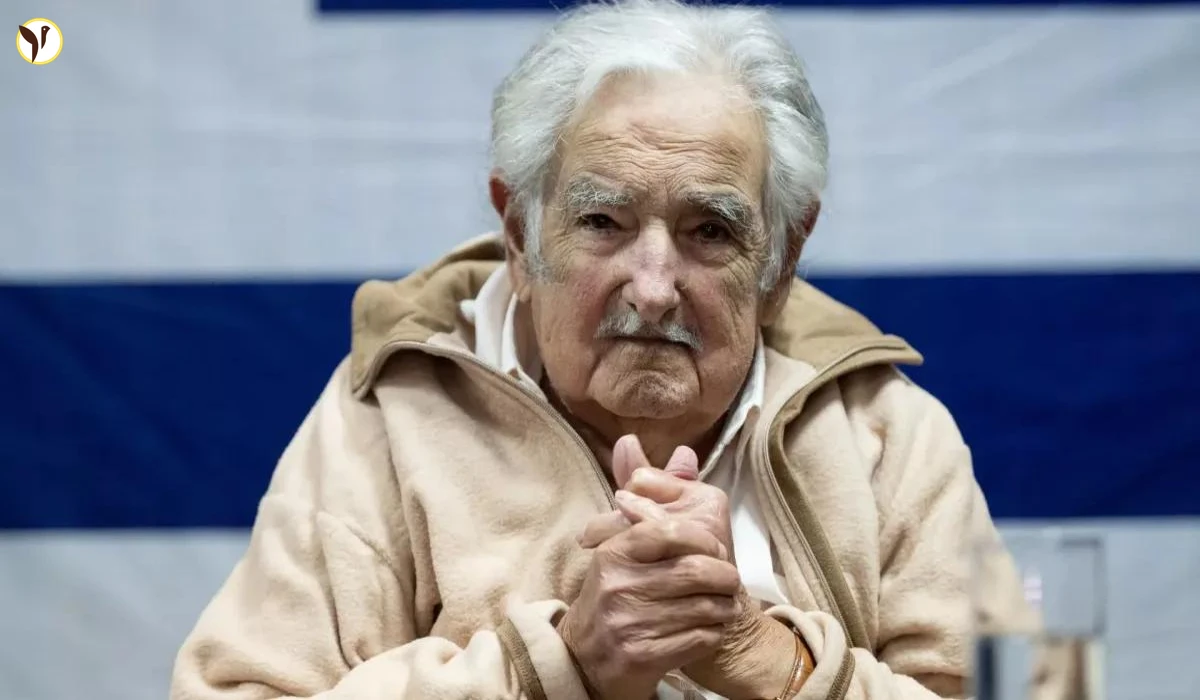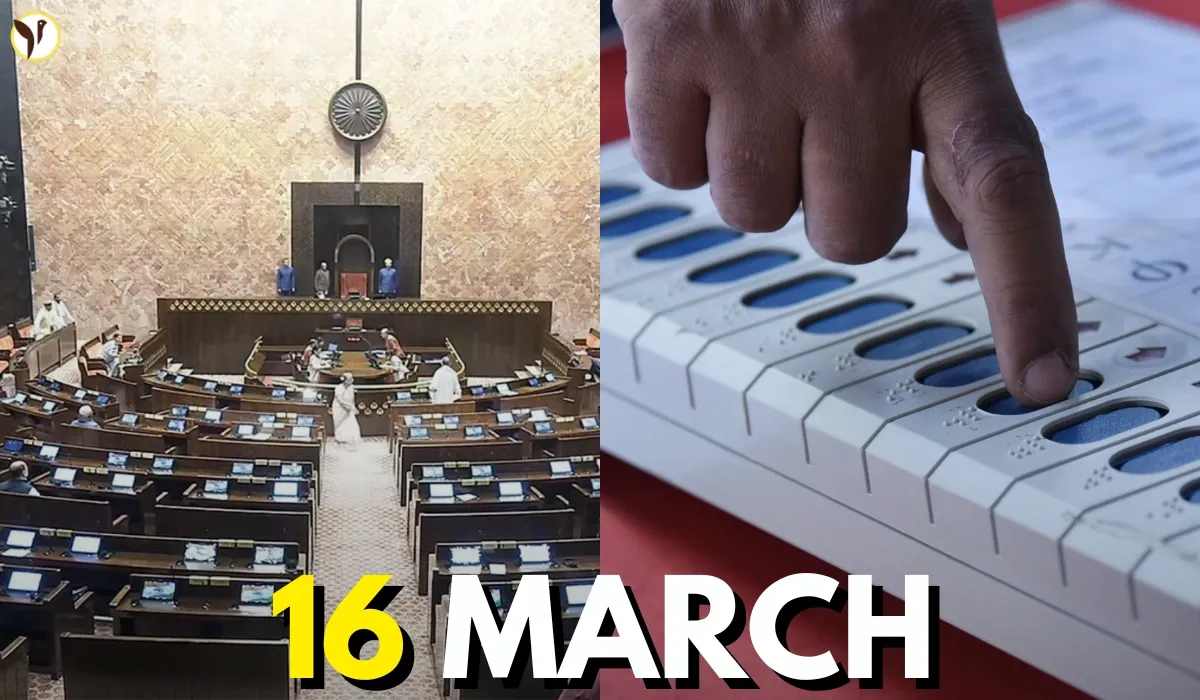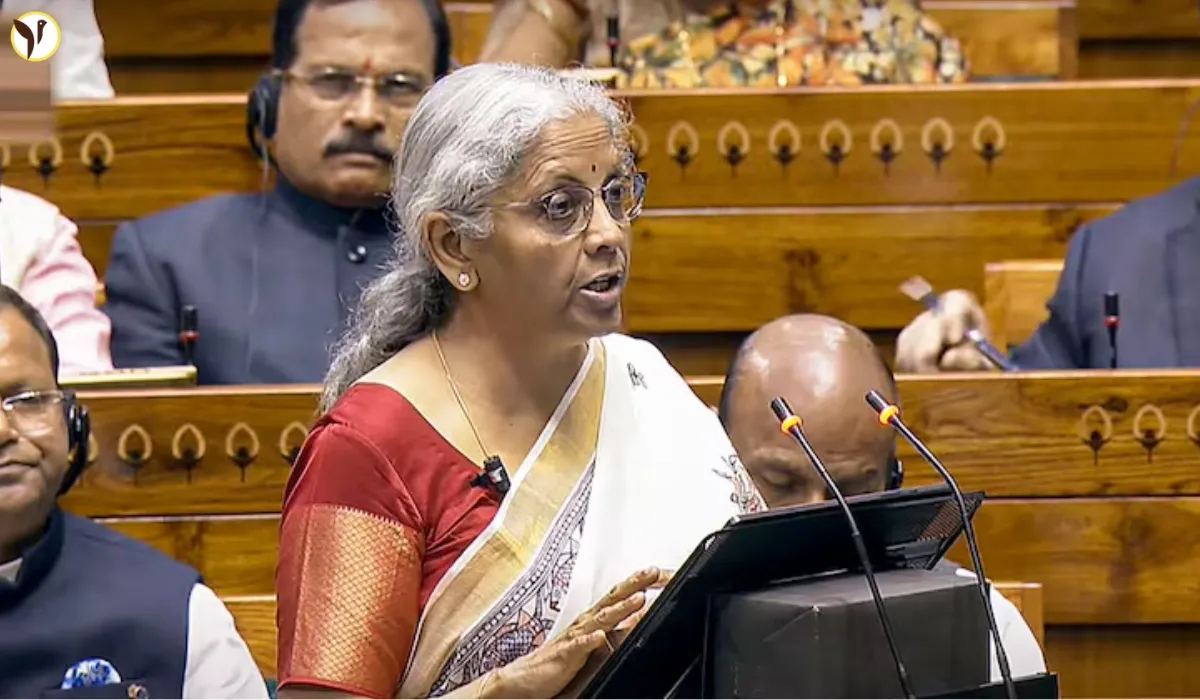Farewell to the "World's Poorest President": José "Pepe" Mujica's Extraordinary Journey
The streets of Montevideo fell unusually quiet this week as Uruguay said goodbye to its beloved former president, José "Pepe" Mujica. At 89, the man who famously rejected luxury and embraced simplicity has left us, but the ripples of his unconventional leadership continue to spread far beyond his small South American nation. Have you ever wondered what a truly authentic leader looks like? Pepe showed us.
From Prison Cells to Presidential Office
Mujica's life reads like a novel you couldn't put down. Before he became president, he was a guerrilla fighter with the Tupamaros, battling against Uruguay's establishment during the politically charged 1960s and 70s. For his revolutionary activities, he paid a heavy price: 13 grueling years in prison, with most of that time spent in solitary confinement.
"Those prison years," as one of his close friends once shared, "didn't break Pepe—they transformed him."
- The Escape Artist: He twice escaped from prison, once through an ingeniously constructed tunnel that's become part of Uruguayan folklore.
- Unlikely Rise: Who would've thought a 74-year-old former revolutionary would win the presidency with a commanding 52% of the vote in 2010?
When he took office, Mujica wasn't content with maintaining the status quo. In a region where politics often moves at a glacial pace, he pushed through reforms that left many jaws dropped. Same-sex marriage? Legalized. Abortion rights? Expanded. And in perhaps his boldest move, he created the world's first nationally regulated marijuana market, aiming to undercut drug cartels while treating addiction as a health issue rather than a criminal one.
The President Who Lived Like a Neighbor
What truly set Mujica apart wasn't just his policies—it was how he lived. While most world leaders settle into palatial residences with staff catering to their every need, Pepe and his wife Lucía chose to stay in their modest farmhouse on the outskirts of the capital. No security detail patrolling manicured lawns. No marble columns. Just a three-legged dog named Manuela and some chickens for company.
His transportation? A battered 1987 Volkswagen Beetle that became almost as famous as he was. When offered $1 million for the iconic blue car by an Arab sheikh, Mujica laughed it off. "How many people could I feed with that money?" he reportedly asked.
- The 90% President: He donated around 90% of his $12,000 monthly salary to charities supporting small businesses and housing for the poor, living on what remained—roughly equivalent to the average Uruguayan's income.
- Global Admiration: "We've lost not just a leader but a philosopher," said Brazil's President Lula da Silva, while Mexico's Claudia Sheinbaum called him "an example of consistency between words and actions."
I remember watching a documentary where Mujica was filmed hanging laundry outside his farmhouse while discussing international trade policies with a journalist. That image perfectly captured his unique blend of everyday humility and visionary leadership.
Despite his folksy image, Mujica's economic record speaks volumes. During his tenure, Uruguay's economy grew at an impressive average rate of 5.4% annually. Poverty fell from 18.5% to 9.7%, and unemployment reached historic lows. Not bad for a man some critics initially dismissed as "too radical" to govern effectively.
A Different Kind of Political Legacy
Was he perfect? Of course not. Critics pointed to his sometimes loose management of public finances and what some considered insufficient education reforms. But in a region where corruption scandals regularly topple governments, Mujica's administration remained remarkably clean. There were no offshore accounts, no hidden mansions, no inexplicable wealth—just straightforward service.
"I'm not poor," he once clarified when journalists asked about his modest lifestyle. "Poor people are those who work solely to maintain an expensive lifestyle, and always want more and more."
In today's political landscape, where leaders often seem more concerned with their social media presence than substantive policy, doesn't Mujica's authenticity feel like a breath of fresh air? His approach reminds us that leadership isn't about power or prestige—it's about purpose.
The Farmer-Philosopher's Lasting Wisdom
As thousands lined up to pay their respects this week, ordinary Uruguayans shared what Pepe meant to them. "He talked to us like we were family," said Elena, a shopkeeper from Montevideo. "He never made you feel like he was above you, even when he was president."
Perhaps that's Mujica's greatest legacy—showing us that real connection with people matters more than political theater. In a world obsessed with accumulation and status, he dared to suggest another path: "When you buy something, you're not paying with money, but with the hours of your life you had to spend earning that money."
As we reflect on the life of this extraordinary leader, we might ask ourselves: What truly matters in our own lives? What kind of leadership do we deserve? José "Pepe" Mujica may have left us, but his simple, profound wisdom continues to challenge our assumptions about power, wealth, and what it means to live a meaningful life.









